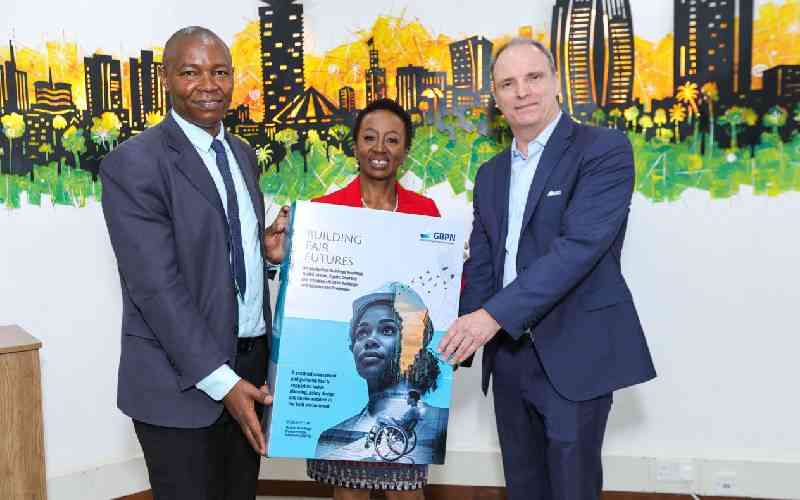×
The Standard e-Paper
Stay Informed, Even Offline
By Macharia Kamau
Treasury may not have introduced major tax measures in the budget statement presented to Parliament on Thursday because it expects reforms in the Value Added Tax (VAT) regime to yield results in growing revenues, analysts have said.
Life is bound to be more taxing should the VAT Bill 2012, that the Finance ministry plans to bring to Parliament pass as it is.






